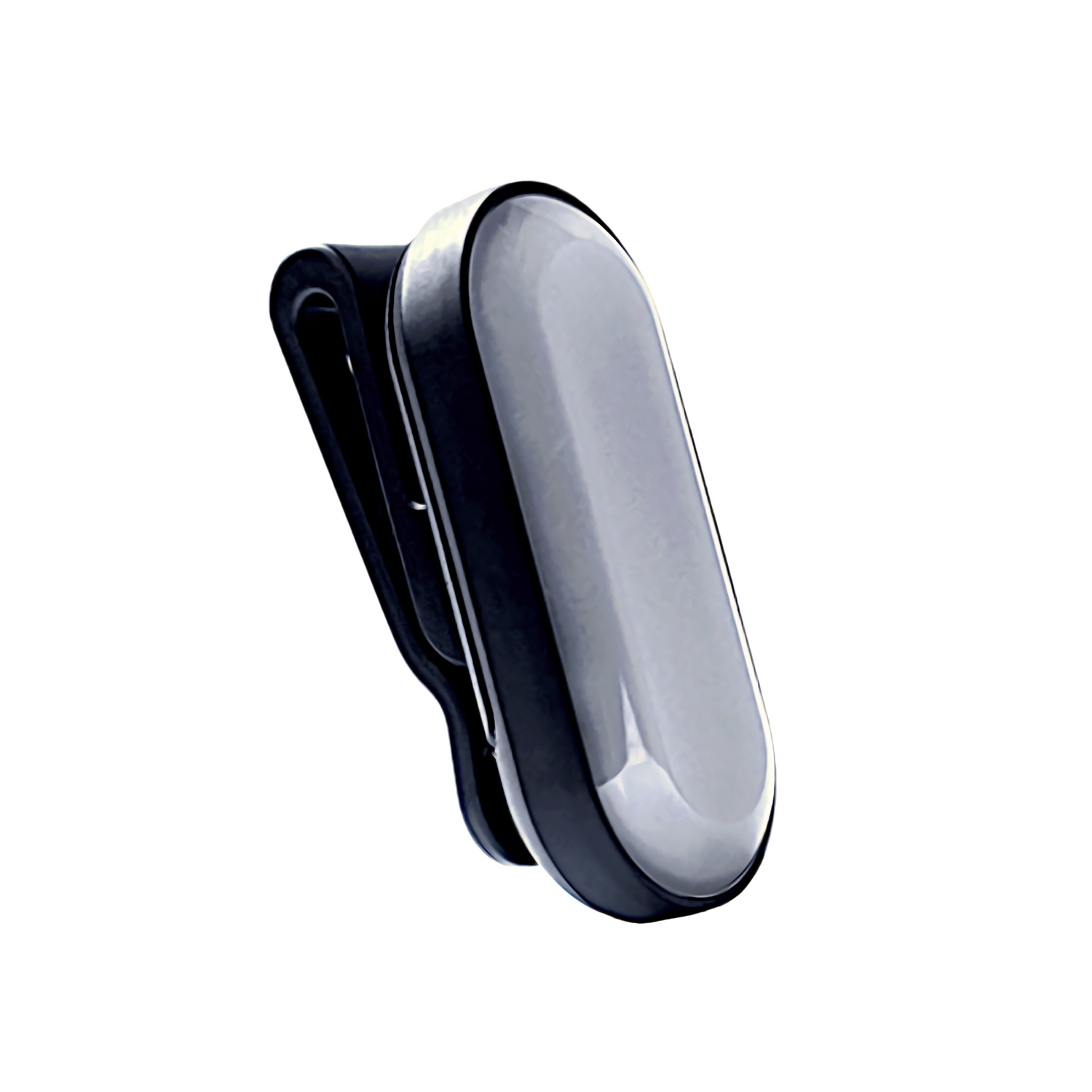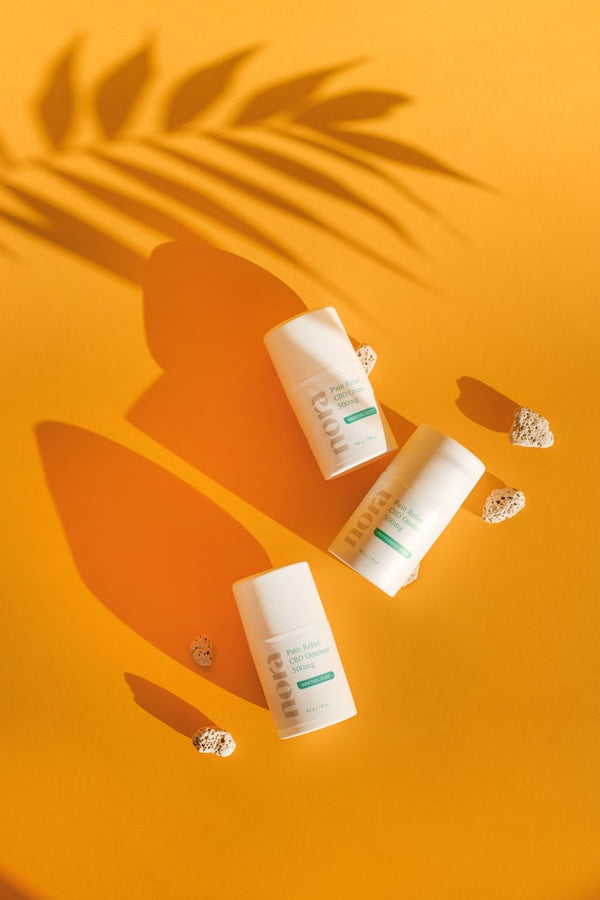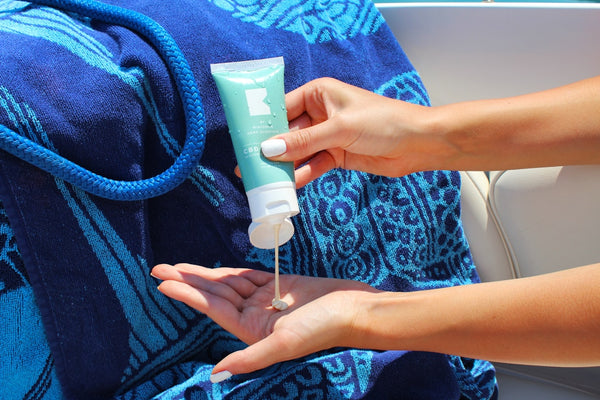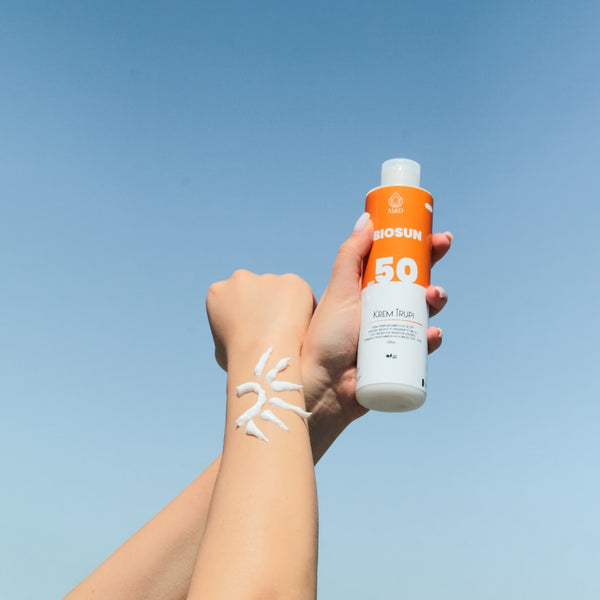The question of when and how often you should apply sunscreen is not easy to answer. You need to know and consider these aspects:
- The expected UV dose: Which sunscreen you should use and when depends on the strength of the UV radiation. How long you stay outside also plays a role.
- The skin type: How sensitive is your skin? What skin cancer screening history do you have?
- The sunscreen used: Does it contain controversial ingredients?
- The vitamin D level: Do you tend to have too little vitamin D in your blood? Do you take vitamin D as a dietary supplement?
- Reflections: Are you near water, sand or snow? The reflections from these surfaces can significantly increase the total radiation. Unlike other types of surfaces such as earth or grass, these surfaces hardly absorb any UV radiation, but instead reflect it like a mirror.
Use sunscreen correctly: That's what the expert organizations say:
- Federal Office of Public Health (BAG):
- Avoid sunburn at all costs.
- Wear protective clothing (including hat and sunglasses).
- Prefer to stay in the shade from 11am to 3pm.
- Apply sunscreen with UVB and UVA\ filters to exposed skin. Make sure your product has the UVA protection logo on it.
- Apply sunscreen thickly. Most people use less sunscreen than the manufacturer recommends.
- Calculations show that with a cleverly chosen stay outdoors, enough vitamin D can be formed without exposing the skin to strong sunlight. If you want to do this, you should do it in the early morning or late afternoon when the sun's rays are less strong.
- Skincancer.org:
- Sunscreen is an important part of good sun protection, should be supplemented by additional measures such as long clothing, shades, sunglasses, sun hats.
- Daily application of sunscreen with SPF 15 can reduce the risk of white skin cancer by 40%. Sunscreen can even reduce black skin cancer by 50%. In addition, this slows down skin aging.
- Use sunscreen with an SPF of at least 30 if you are going to be outside all day (even on cloudy days). Don't forget to renew your sunscreen regularly. The sunscreen should protect against both UVA and UVB and, if possible, be waterproof.
- Find shade, wear a wide-brimmed hat, good clothes and sunglasses.
- World Health Organization (WHO):
- Avoid the midday sun, seek shade, and check out the UV Index Forecast.
- Wear a hat, clothes with heavy fabrics and sunglasses that block both UVA and UVB.
- Use sunscreen with an SPF of at least 15. Reapply every two hours if you are active outside or have been in the water.
- Avoid going to the solarium.
- Children are particularly at risk and should therefore be given special protection.
Basically, you should consider the following factors:
- UV radiation causes a number of known and serious harms.
- Too little vitamin D can have drastic consequences for your health and your immune system.
- Little researched, possible effects of sunscreen ingredients.
sun-a-wear cannot make the decision for you whether and how you deal with the sun. However, our sensor and the app can help you to correctly assess the UV radiation you are exposing yourself to. Our app gives you tips on which protective measures are recommended by experts in which situation. And it reminds you when you should renew your sunscreen.
Further reading:
Sources:
- Skincancer.org
- World Health Organization (General Tips)
- World Health Organization (FAQ)
- Report of the Federal Nutrition Commission
- Federal Food and Veterinary Office on sunscreen
- Advice from the BAG
- FOPH fact sheet on vitamin D and UV radiation










